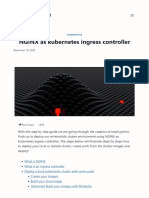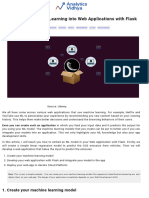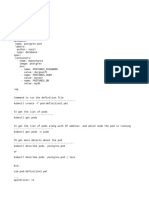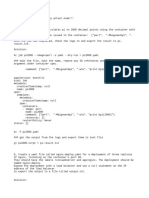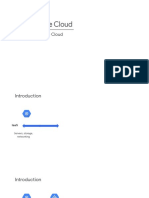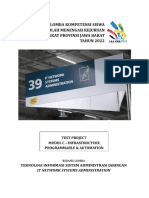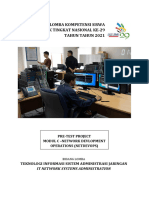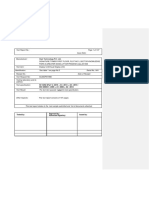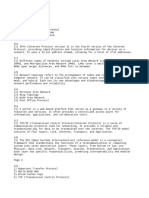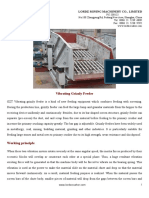0% found this document useful (0 votes)
17 views14 pagesIBM Assignment 4
Uploaded by
Muskaan MuskaanCopyright
© © All Rights Reserved
We take content rights seriously. If you suspect this is your content, claim it here.
Available Formats
Download as PDF, TXT or read online on Scribd
0% found this document useful (0 votes)
17 views14 pagesIBM Assignment 4
Uploaded by
Muskaan MuskaanCopyright
© © All Rights Reserved
We take content rights seriously. If you suspect this is your content, claim it here.
Available Formats
Download as PDF, TXT or read online on Scribd
/ 14










